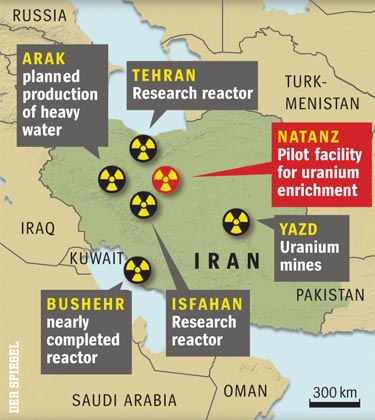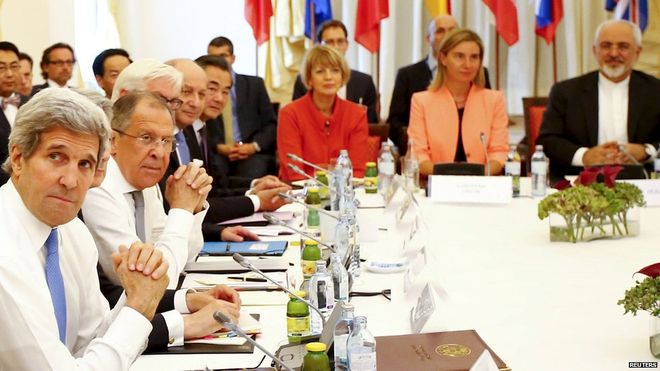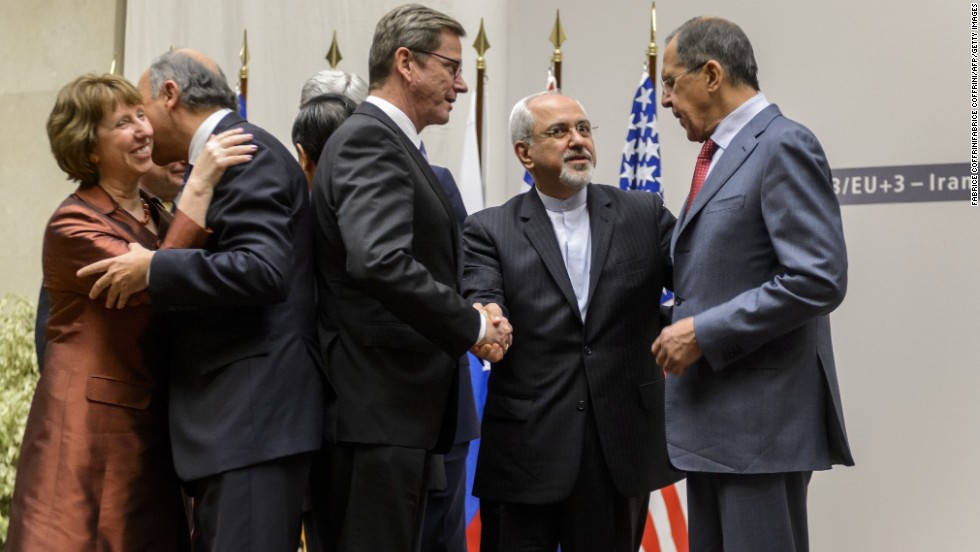Iran, a country in the Middle East. Iran has been suspicious of making nuclear weapons. While Iran insists of not building any, its developments of uranium and history of deception created doubts. After years of ill feeling and threats to bomb Iran’s facilities, Iran and world powers agreed July 14 to settle the argument. According to Bloomberg, the deal will set on the Islamic Republic’s nuclear work in exchange for relief from economic sanctions that crimped oil exports and hobbled its economy. Under the deal, Iran will maintain the ability to enrich uranium but only for peaceful purposes. Third of Iran’s centrifuges capable of separating the explosive uranium-235 isotope from uranium ore will stay.

Many years of distrust and suspicion have made the crisis over Iran’s nuclear program hard to solve. BBC states that Iran does not want a nuclear bomb, but insists on exercising its right to run a peaceful nuclear industry. Many countries still do not believe Iran’s declared intentions. In 2006, Iran has agreed to join in a diplomatic efforts with regards to the nuclear program with the so called P5+1 — China, France, Russia, the UK, and the US; plus Germany.

Iran’s nuclear capabilities. Since 2003, concern over Iran’s nuclear program has increased as the International Atomic Energy Agency (IAEA) spar over investigation and details of Iran’s program. Iran’s Supreme Leader Ayatollah Khamenei has repeatedly denied Iran is building a bomb and says weapons of mass destruction are forbidden under Islam. On January 12, 2015 – Iran announced that they will begin eliminating some of its uranium stockpile on January 20. On July 17, 2015 – a deal has been made that reduces the number of Iranian centrifuges by 2/3. And on July 20, The U.N. Security Council declared the support of the nuclear deal.
Sources:
- http://www.bloombergview.com/quicktake/irans-uranium-enrichment
- http://www.bbc.com/news/world-middle-east-32114862
- http://www.cnn.com/2013/11/07/world/meast/irans-nuclear-capabilities-fast-facts/
